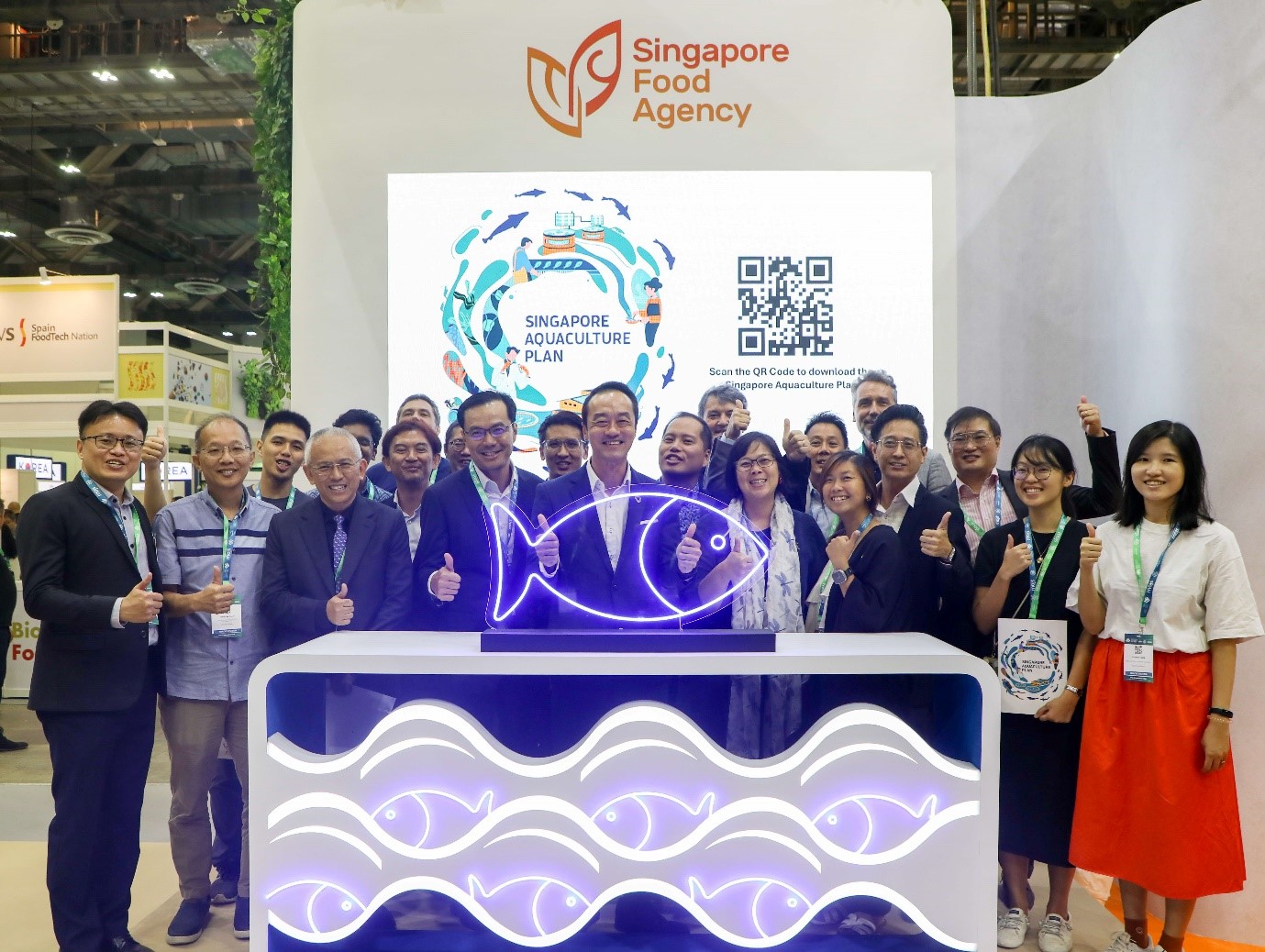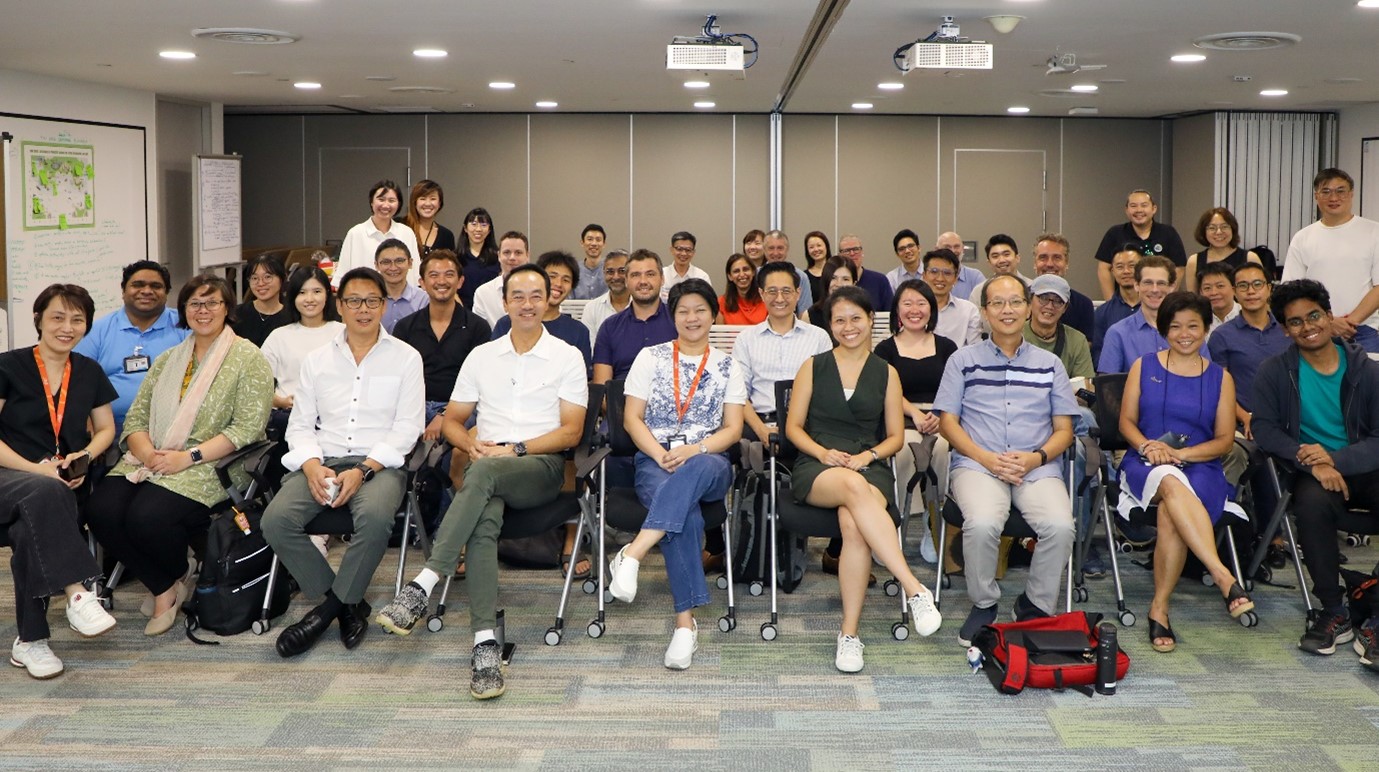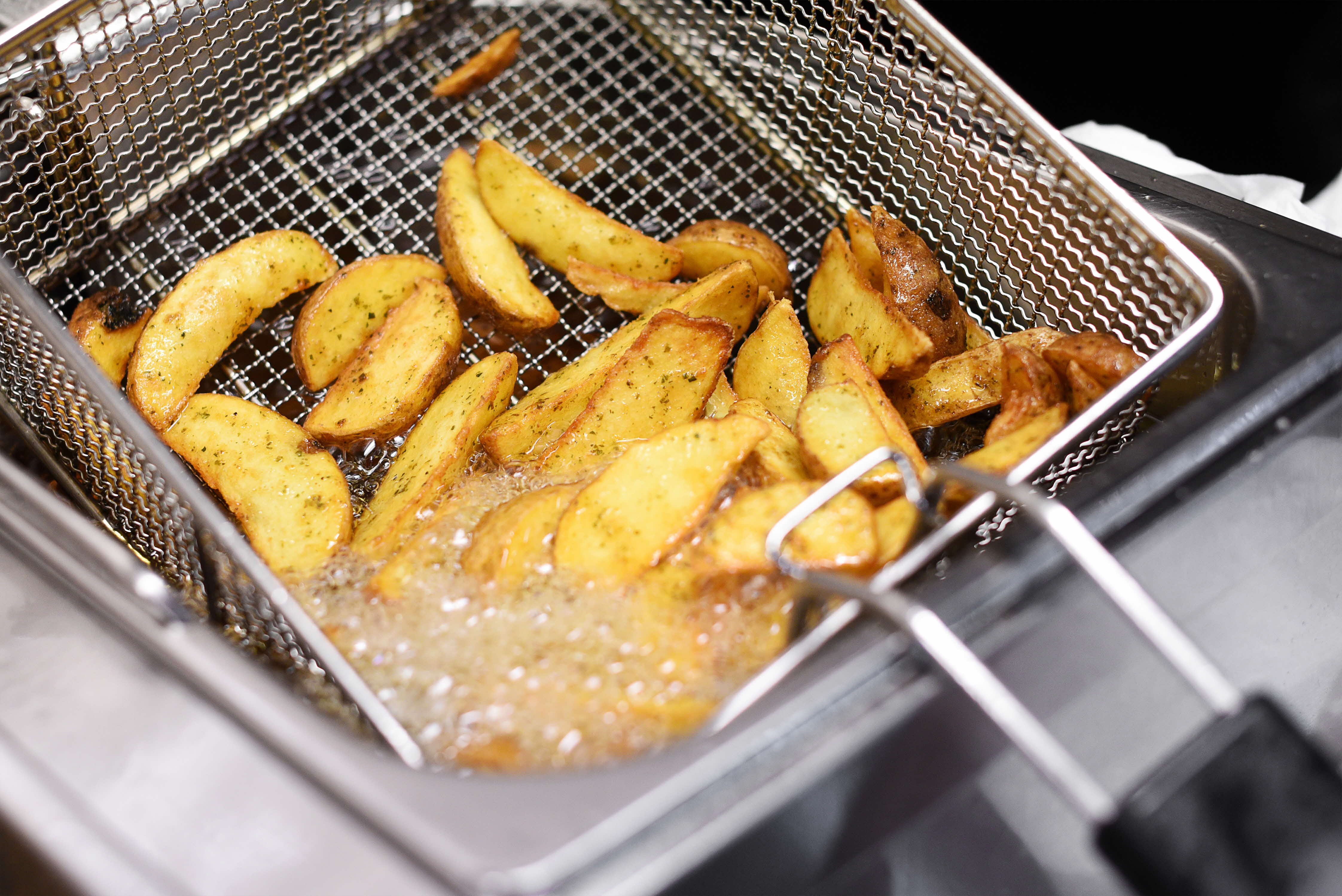Summary: The SAP will help to transform the aquaculture industry into a more productive and sustainable sector, underpinned by several guiding principles. This includes the careful consideration of competing sea space uses and ecological sensitivities when selecting sites, based on outcome- and science-based sustainable production methods. The industry will also be supported by the development of essential infrastructure, progressive regulations, and science and technology. Throughout this process, there will be collaboration across the ecosystem to foster innovative solutions. |

The SAP is a collaborative effort of SFA and key stakeholders to establish a comprehensive blueprint for the future of aquaculture in Singapore. It is designed to guide various stakeholders towards sustainable growth and a resilient food future for our nation. Structured around five strategic pillars, this comprehensive roadmap aims to uplift the local aquaculture sector to its full potential. Find out more about the key measures under each pillar and what it means for local aquaculture farms!
| SAP pillar | Key measures | What it means for the industry |
| Space and Infrastructure Planning | · Site Selection Study to Improve Efficiency and Robustness of Sea Space Planning · Development of Key Infrastructure such as Energy Supply and Shared Facilities | The holistic and forward planning of aquaculture sites would ensure the sustained growth of the industry. There would be pre-engagements with the industry when needed to reduce the risk of abortive work in site selection studies. The piloting of viable renewable energy solutions, aggregation of power demand, and exploration of shared facilities would help to lower energy/logistics costs for local farms and enhance sustainability. |
| Enabling Regulations | · Transition to Nutrient Budget Approach in Regulations for Sea-Based Farms · Strengthen Farm Management and Animal Husbandry through the Food Safety and Security Bill, and Farm Management Plan | The outcome- and science-based nutrient budget approach encourages farms to increase production while maintaining/ reducing nutrient discharge with good aquaculture practices and water treatment technologies. The Farm Management Plan will mitigate risks to food safety, as well as to disease spread and water quality so as to ensure the sustainable scale up of food production. SFA will provide training and guidance documents to support local farms. |
| Research, Innovation, and Enterprise (RIE) | · Fostering Closer Alignment Between Researchers and Industry via the AquaPolis Industry Consortium Platform and Improving Access to Intellectual Property · Enhancing Capabilities Through Research into New Growth Opportunities | Intellectual Property (IP) developed under the AquaPolis Programme will be free for a set period for local farms to use in pilot trials and/or local production. Where necessary, IP protection measures may be adopted to prevent potential infringement from competing interests. Local farms will receive support to build R&D capabilities to better capture new growth opportunities in areas such as selective breeding, feed and nutrition, and optimising closed containment aquaculture systems and recirculating aquaculture systems. |
| Ecosystem Development | · Grow Local Champions and Establish Strategic Partnerships · Launch of National Broodstock Centre (NBC) and, Hatchery Development and Recognition Programme (HDRP) | Efforts to facilitate strategic partnerships with technology firms, international aquaculture leaders, and institutes of higher learning will help local farms to elevate their standards, scale up and innovate. The NBC and HDRP will boost the supply of locally produced genetically superior eggs and fingerlings, as well as upgrade local hatchery capabilities. These initiatives provide an additional reliable source of agri-inputs for local farms and enhance the overall productivity and resilience of the local aquaculture sector. |
| Demand Offtake and Promotion of Local Produce | · Expand Marketing and Consumer Education Initiatives · Strengthen Supply Chain and Distribution Networks | There will be greater support of local farms in promoting the nutritional and environment benefits of their produce to build consumer trust and preference. The strengthening of supply chain and distribution networks will ensure that local aquaculture products reach a wider audience, supporting the growth and sustainability of the industry. |

The food industry, consumers and government all have a part to play in ensuring a resilient supply of food. Let us continue to work together to build an aquaculture sector that is both productive and sustainable, ensuring our food security for generations to come!



